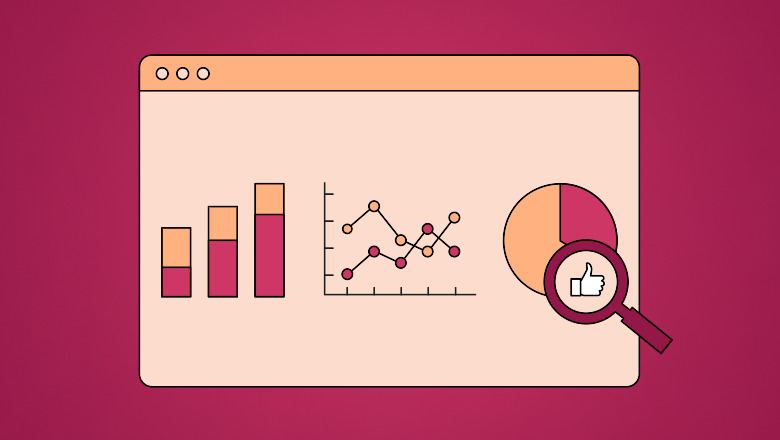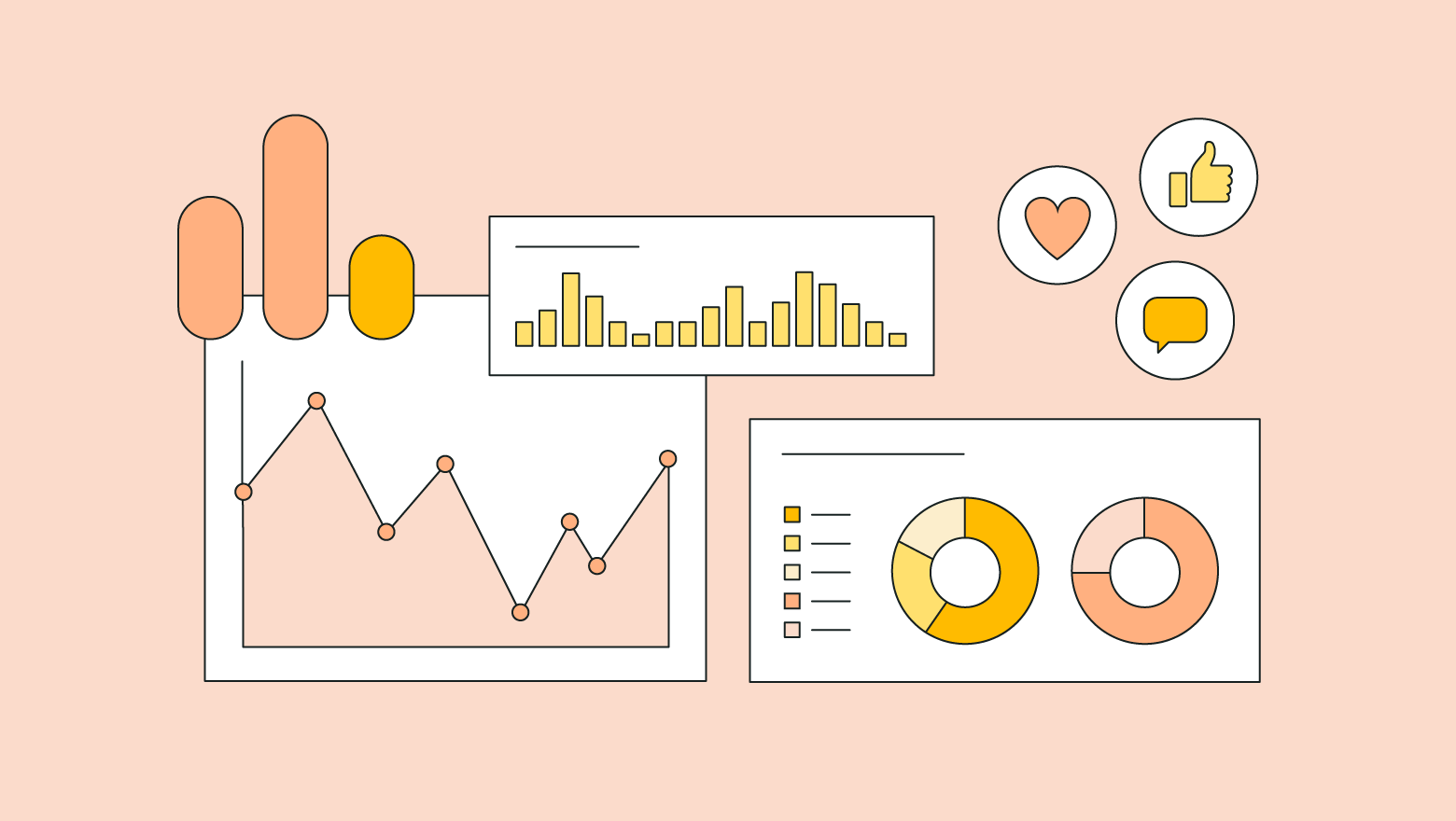In the fast-paced world of digital marketing, staying ahead of the competition requires more than just creativity; it demands informed decision-making backed by data. Social Media Analytics APIs have emerged as a game-changer, providing marketers with real-time insights, performance metrics, and audience engagement analytics. Let’s delve into the transformative world of Social Media Analytics API and explore how it can elevate your digital marketing endeavors.
Definition of Social Media Analytics API

Social Media Analytics API refers to a set of tools and protocols that allow businesses to extract valuable data from various social media platforms. These APIs provide marketers with a comprehensive view of their social media performance, enabling data-driven decisions.
Importance in Digital Marketing
In the dynamic landscape of digital marketing, understanding the nuances of audience behavior and campaign performance is crucial. Social Media Analytics API empowers marketers by offering a real-time pulse of their social media presence, facilitating strategic adjustments and optimizations.
Benefits of Using Social Media Analytics API
A. Real-time Data Insights
One of the key advantages of leveraging Social Media Analytics API is the access to real-time data. Marketers can monitor trends, track campaign performance, and respond promptly to emerging opportunities, ensuring their strategies remain agile and effective.
B. Performance Tracking
Understanding how your content performs across different platforms is vital. Social Media Analytics API provides detailed performance metrics, including reach, engagement, and conversion rates, allowing marketers to assess the effectiveness of their campaigns accurately.
C. Audience Engagement Analysis
Successful digital marketing is not just about numbers; it’s about building meaningful connections. Social Media Analytics API goes beyond basic metrics, offering insights into audience demographics, preferences, and sentiments, enabling brands to tailor their content for maximum impact.
How to Choose the Right Social Media Analytics API
A. Compatibility with Platforms
Before diving into the realm of Social Media Analytics API, it’s essential to ensure compatibility with the platforms your brand utilizes. A comprehensive API that covers major social media networks ensures a holistic approach to analytics.
B. Customization Options
Every brand is unique, and so are its marketing goals. The right API should offer customization options, allowing marketers to tailor the analytics process according to their specific needs and objectives.
C. Pricing Models
Budget considerations play a pivotal role in choosing the right Social Media Analytics API. Understanding the pricing models, including subscription plans and additional costs, ensures a transparent and cost-effective partnership.
Implementing Social Media Analytics API in Your Strategy
A. Integration Process
The integration of Social Media Analytics API into your existing strategy is a crucial step. Brands should collaborate with their IT teams or external experts to ensure a seamless integration process that minimizes disruptions to ongoing campaigns.
B. Tips for Successful Implementation
To maximize the benefits of Social Media Analytics API, follow these tips: conduct thorough training for your marketing team, establish key performance indicators (KPIs) aligned with business goals, and regularly review and optimize your analytics strategy based on emerging trends.
Challenges and Solutions
A. Data Security Concerns
As with any digital tool, data security is a top priority. Social Media Analytics API providers address these concerns through encryption, secure protocols, and compliance with data protection regulations. Brands should conduct thorough due diligence to ensure the chosen API meets industry standards.
B. Overcoming Integration Hurdles
Integration challenges are common, especially for businesses new to the world of APIs. Clear communication between the marketing and IT teams, along with proactive support from the API provider, can mitigate integration hurdles and ensure a smooth transition.
C. Ensuring Accurate Metrics
Accurate data is the foundation of effective decision-making. Social Media Analytics API providers employ sophisticated algorithms and validation processes to ensure the accuracy of metrics. Regular audits and cross-validation with other analytics tools can further enhance confidence in the data provided.
Future Trends
A. AI and Machine Learning Integration
The future of Social Media Analytics API lies in the seamless integration of artificial intelligence (AI) and machine learning (ML). Predictive analytics, sentiment analysis, and automated reporting are set to become standard features, empowering marketers with more advanced and actionable insights.
B. Evolving Features
As social media platforms evolve, so do the features of Social Media Analytics API. Expect continuous updates and enhancements to keep pace with emerging trends, ensuring that marketers always have access to the latest tools for data-driven decision-making.
C. Industry Predictions
Industry experts predict a shift towards more holistic analytics solutions that encompass not only social media but also integrate with other marketing channels. The convergence of data from various sources will provide a comprehensive view of a brand’s overall digital presence.
Importance for Small Businesses
A. Cost-Effective Marketing Insights
Small businesses often operate on tight budgets. Social Media Analytics API levels the playing field by offering cost-effective yet powerful analytics tools, enabling smaller brands to compete with more extensive marketing budgets.
B. Competitive Edge
In a crowded digital landscape, gaining a competitive edge is crucial. Social Media Analytics API allows small businesses to identify niche markets, understand their audience better, and tailor their strategies for maximum impact.
C. Building a Targeted Audience
Efficient targeting is the key to successful marketing. Social Media Analytics API provides small businesses with the insights needed to build and engage a targeted audience, ensuring that marketing efforts are focused on the most valuable segments.
Impact on Content Creation
A. Tailoring Content Strategies
Content is at the heart of digital marketing. Social Analytics API informs content creators about what resonates with their audience, helping them tailor their strategies to produce content that is not only engaging but also aligned with audience preferences.
B. Maximizing Engagement
Understanding when and how your audience engages with content is vital. Social Analytics API provides detailed engagement metrics, allowing marketers to schedule posts at optimal times and create content that maximizes audience interaction.
C. Adapting to Trends
The digital landscape is ever-changing, with new trends emerging regularly. Social Analytics API helps marketers stay ahead of the curve by identifying and capitalizing on trends that resonate with their audience, ensuring that content remains fresh and relevant.
The Future Landscape of Social Media Marketing
A. Integration of Multiple APIs
The future of social media marketing lies in the integration of multiple APIs. Brands will harness the power of Social Analytics API alongside other data sources, creating a comprehensive marketing intelligence ecosystem.
B. Predictive Analytics
Predictive analytics will play a central role in shaping future strategies. Social Media Analytics API, infused with AI and machine learning, will enable marketers to forecast trends, anticipate audience behavior, and proactively adapt their campaigns.
C. Role in Shaping Marketing Campaigns
Social Analytics API will not merely provide insights; it will actively contribute to shaping marketing campaigns. Automated recommendations, based on real-time data, will guide marketers in making informed decisions that align with broader business objectives.
Common Myths About Social Media Analytics API
A. Myth 1: Only for Large Enterprises
Contrary to the belief that Social Analytics API is exclusive to large enterprises, many APIs cater specifically to the needs and budgets of small and medium-sized businesses, democratizing access to powerful analytics tools.
B. Myth 2: Complex Implementation
While API integration may seem daunting, many providers offer user-friendly interfaces and comprehensive support. With proper planning and collaboration, businesses of all sizes can seamlessly integrate Social Media Analytics API into their strategies.
C. Myth 3: Limited Applications
Some believe that Social Analytics API is only beneficial for tracking basic metrics. In reality, these APIs offer a wide range of functionalities, from sentiment analysis to trend forecasting, making them invaluable for strategic decision-making.
Addressing Skepticism and Concerns
A. Industry Expert Opinions
Prominent industry experts endorse the effectiveness of Social Analytics API in enhancing marketing strategies. Their testimonials highlight the tangible benefits, including improved ROI, better audience understanding, and increased campaign effectiveness.
B. Success Stories from Skeptics
Even those initially skeptical about the value of Social Analytics API have experienced transformative results. Success stories from businesses that overcame skepticism through proper implementation and utilization serve as a testament to the tool’s efficacy.
C. Demonstrating Tangible Results
For skeptics, seeing is believing. Demonstrating tangible results through case studies and real-world examples reinforces the credibility of Social Analytics API. Brands that have achieved measurable success provide living proof of their impact.
Conclusion
In conclusion, Social Analytics API is not just a tool; it’s a catalyst for transformative marketing strategies. From real-time data insights to shaping the future of social media marketing, the benefits are vast and impactful.
For businesses looking to stay ahead in the digital landscape, exploring Social Analytics API is a step toward informed, data-driven decision-making. Embrace the power of analytics to unlock new possibilities and elevate your brand’s digital presence.
As we look ahead, the integration of AI, evolving features, and a holistic approach to analytics paint a promising future for social media marketing. Social Analytics API is not just a tool; it’s a dynamic force shaping the future of digital marketing.



